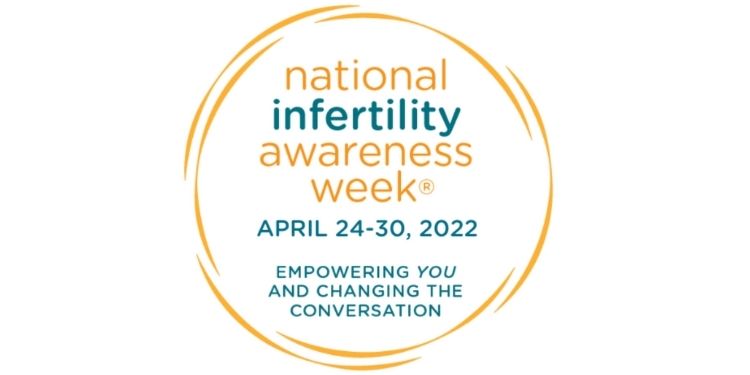National Infertility Awareness Week
The week of April 24th – 30th is National Infertility Awareness Week.
According to the American Society for Reproductive Medicine website, “National Infertility Awareness Week” was founded in 1989 by RESOLVE: The National Infertility Foundation with a mission to “empower patients and change the conversation around infertility.”
Infertility affects women of all races but there is a certain stigma and impact that pertains to Black women. Infertility is a sensitive topic as it is one of the very components that focuses on women’s femininity. Through a recent report by the University of Michigan, Black women are less likely than white women to openly talk about struggles with infertility. With approximately 32 percent answering that they felt incomplete because they did not have children of their own.
The relationship between fertility, motherhood, and Black women has been a difficult one, both historically and to this day. During the days of slavery, Black women’s bodies and reproductive systems were utilized as battlegrounds of political, cultural, and population warfare. Through this, Black women have been dehumanized and it plays a huge role in the treatment and policing of Black maternity. Today, studies show Black women are more likely to die due to complications from childbirth or suffer miscarriages.
Amy Roeder, associate editor of Harvard Public Health, in her 2019 article, “America Is Failing Its Black Mothers”, writes, “maternal deaths began to rise in the United States around 1990—a significant departure from the world’s other affluent countries… more than half of these deaths and near deaths are from preventable causes, and a disproportionate number of the women suffering are black… Put simply, for black women far more than for white women, giving birth can amount to a death sentence. African American women are three to four times more likely to die during or after delivery than are white women.”
With so much uneasiness surrounding black maternity mortality, conversations surrounding understanding and better treating infertility in the Black community are being had few and far between. Perpetuating this trend is the Black community’s ongoing distrust in the healthcare system. Dr. Yetunde Ibrahim, a reproductive endocrinologist and assistant professor at the University of Texas Health Science Center in San Antonio, argues, “part of the problem with getting a precise number of the incidence of infertility in Black women is that historically, many black women were not involved in these studies… Black women are less likely to present for infertility treatment although they might suffer at a higher rate.”
For more information surrounding initiatives being taken surrounding understanding and treating infertility, visit www.infertilityawareness.org.





